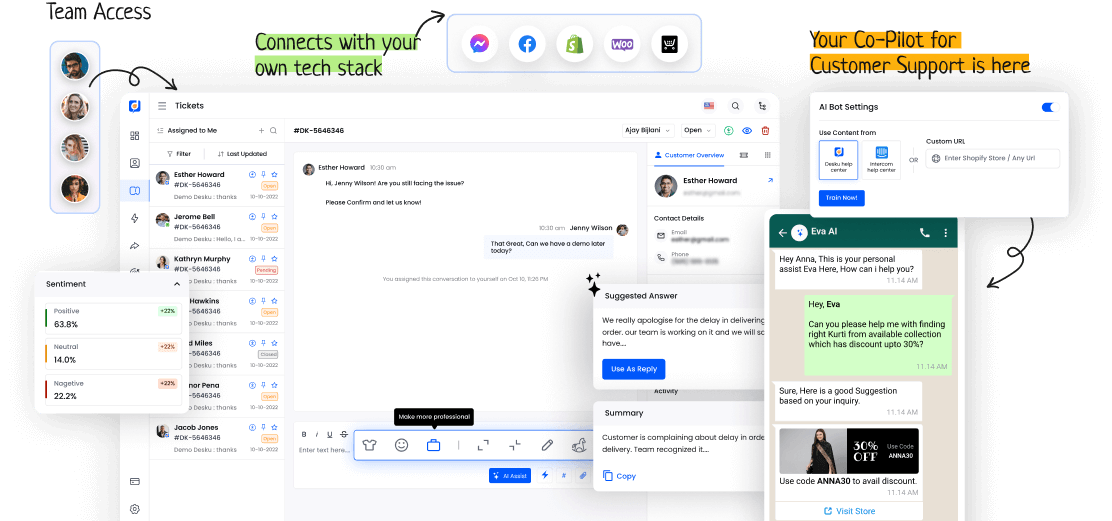Business rules are the heart of decision-making, efficiency, and compliance in an organization. They offer a guide for businesses to manage complexities, boost productivity, and ensure process consistency.
But what makes up these rules? How can they be used to push business success? Let's dig into the complexity of business rules. Let's study how they change modern organizations.
I. Understanding Business Rules
Business rules guide an organization's decisions and operations. They shape business processes and streamline work. Companies stick to these rules for consistency, efficiency, and lawfulness.
Decisions made according to these rules yield better results. They build a culture of responsibility and clarity within the organization.
II. Importance of Business Rules in Business
Understanding clear guidelines is necessary for improving operational efficiency and decision-making in a company.
Why are Business Rules Important?
- They make decision-making better.
- They increase operational efficiency.
- They ensure operations are uniform.
- They help comply with regulations and policies.
Efficiency is important in making business operations smooth. Having well-defined business rules can help achieve this.
III. Implementation and Management of Business Rules
To put business rules to work in a firm, you need a solid plan. It must sync with company goals and routines. You may face hurdles while doing this. So, a well-thought-out tactic is crucial for smooth blending.
Keeping a close eye on the rules is key to sticking to them and making them work. Regular checks and tweaks of business rules are needed. This way, companies can fine-tune their work and stay in line with industry norms.









